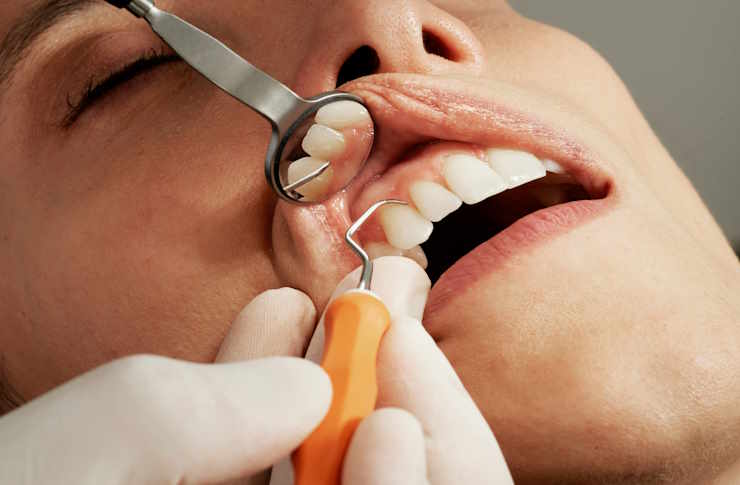How Much Will a Dental Implants Cost You in the UK in 2025? Key Pricing Insights Revealed
Dental implants have become an increasingly popular solution for replacing missing teeth, offering a durable and natural-looking alternative to traditional dentures or bridges. As we look towards 2025, many UK residents are wondering about the future costs of this dental procedure. This article will explore the projected expenses associated with dental implants in the UK, factors influencing pricing, and alternative options that might be worth considering.

What are dental implants and why are they popular?
Dental implants are artificial tooth roots, typically made of titanium, that are surgically placed into the jawbone to support replacement teeth. They have gained popularity due to their numerous advantages over traditional tooth replacement methods. Implants offer improved stability, comfort, and aesthetics, closely mimicking natural teeth in both form and function. Additionally, they help preserve facial structure by preventing bone loss in the jaw, a common issue with missing teeth.
How much do dental implants currently cost in the UK?
The cost of dental implants in the UK can vary significantly based on several factors, including the complexity of the procedure, the number of implants needed, and the location of the dental practice. As of 2023, a single dental implant in the UK typically ranges from £2,000 to £2,500. This price usually includes the implant, abutment, and crown. However, for patients requiring multiple implants or additional procedures such as bone grafting, the costs can increase substantially.
What factors will influence dental implant costs in 2025?
Several factors are likely to impact the cost of dental implants in the UK by 2025:
-
Technological advancements: Improvements in implant materials and surgical techniques may influence pricing.
-
Economic conditions: Inflation and changes in the overall economic landscape could affect dental care costs.
-
Supply chain dynamics: Fluctuations in the cost of materials and equipment may impact final pricing.
-
Regulatory changes: Any new dental regulations or NHS policies could affect private practice pricing.
-
Demand for implant procedures: An increase in demand might lead to economies of scale or, conversely, drive prices up.
What are the projected costs for dental implants in the UK in 2025?
While it’s challenging to predict exact costs for 2025, we can make educated estimates based on current trends and factors influencing the dental industry. Accounting for potential inflation and technological advancements, it’s reasonable to expect a modest increase in dental implant costs by 2025.
| Procedure | Estimated Cost Range (2025) |
|---|---|
| Single Tooth Implant | £2,200 - £2,800 |
| Multiple Tooth Implants (3-4 teeth) | £6,500 - £9,000 |
| Full Arch Implants (All-on-4) | £12,000 - £25,000 |
Prices, rates, or cost estimates mentioned in this article are based on the latest available information but may change over time. Independent research is advised before making financial decisions.
It’s important to note that these projections are estimates and actual costs may vary depending on individual cases and specific dental practices.
Are there more affordable alternatives to UK dental implants?
For those concerned about the cost of dental implants in the UK, several alternatives exist:
-
Dental tourism: Some patients opt to travel to countries with lower dental care costs, such as Hungary or Poland. However, this option requires careful consideration of potential risks and follow-up care.
-
NHS options: While dental implants are not typically available on the NHS, other tooth replacement methods like dentures or bridges may be covered for eligible patients.
-
Dental schools: Some dental schools offer implant procedures at reduced rates, performed by supervised students or recent graduates.
-
Payment plans: Many UK dental practices offer financing options or payment plans to spread the cost of implant treatment over time.
-
Dental insurance: Some private dental insurance plans may cover a portion of implant costs, though coverage varies widely.
While these alternatives may offer cost savings, it’s crucial to weigh the potential risks and benefits carefully. Consulting with a qualified dental professional is essential to determine the most appropriate and cost-effective solution for your specific needs.
In conclusion, while dental implant costs in the UK are expected to see a modest increase by 2025, they remain a valuable investment in long-term oral health and quality of life. By understanding the factors influencing costs and exploring available options, patients can make informed decisions about their dental care and budget accordingly.
This article is for informational purposes only and should not be considered medical advice. Please consult a qualified healthcare professional for personalized guidance and treatment.




